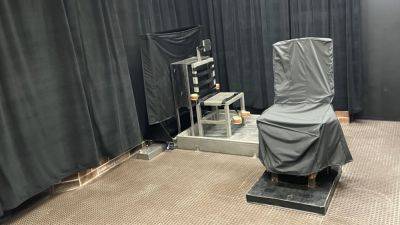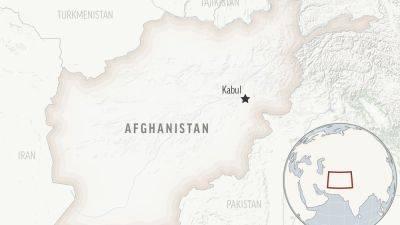The Line’s erasure: clear warning to wannabe utopias
There is a long history of planned city building by both governments and the private sector from Brasilia to Islamabad.
More recently, two trends have come together in a new wave of visionary urban planning.
On the one hand, there are the neoliberal “special economic zone” policies that accelerated in the 1980s and have become an almost unquestioned global economic article of faith. On the other, there is the “smart city” in which ubiquitous sensing and surveillance generate big data, from which solutions to all the problems of cities are supposed to be found.
Now, with the fairy dust of artificial intelligence sprinkled on top, we have the recipe for almost every current proposal for new cities. In essence, the contemporary ideal city is a data-driven, free-market paradise.
Shifting gears
The conservative and authoritarian Kingdom of Saudi Arabia is very much aware that the end is in sight for the fossil fuel economy that underpins its sovereign and private wealth. In anticipation of the inevitable end of fossil fuels, Riyadh is actively working to shift to new sources of income so as to future-proof its economy in a carbon-zero world.
Some of this transitional work has involved the extension of Saudi Arabian “soft power” into areas that are of personal interest to the kingdom’s prime minister and de facto leader, Crown Prince Mohammed Bin Salman. This is perhaps most visible through the entanglement of Saudi Arabia with lucrative professional sports from golf to tennis.
However, the other bet that Saudi Arabia has been making is in cities.
Under the banner of Vision 2030, it has been investing its oil profits in dozens of eye-catching urban projects from free ports to cities built around theme parks.
The Kingdom of







